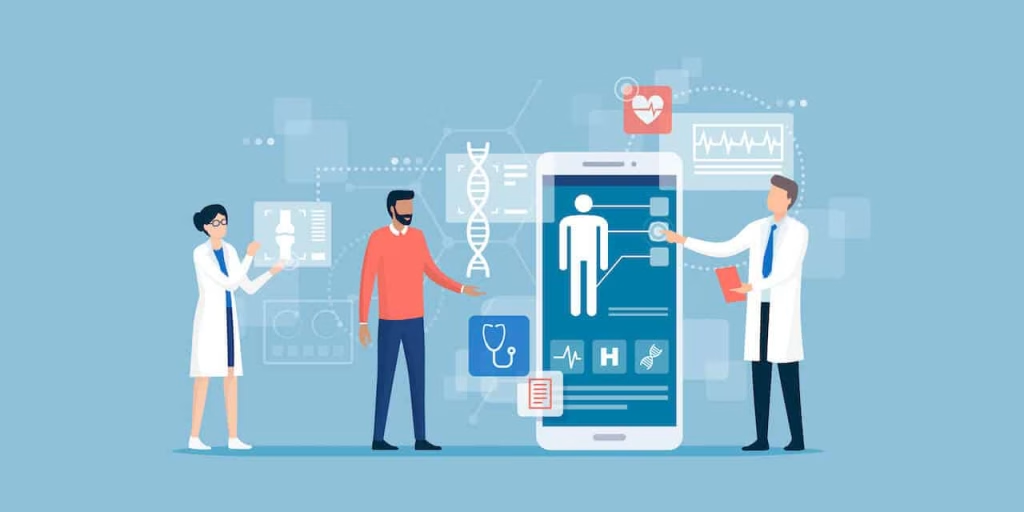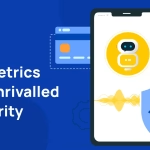In recent years, patient engagement technology has emerged as a pivotal force in the healthcare industry. This innovative approach is reshaping how patients interact with healthcare providers, enhancing communication, and ultimately improving health outcomes. Let’s delve into the various facets of this technology and explore its impact on modern healthcare.
Understanding Patient Engagement Technology
Patient engagement technology encompasses a wide range of tools and platforms designed to foster better communication and interaction between patients and healthcare providers. These technologies aim to empower patients by providing them with access to their health information, enabling them to take a more active role in their healthcare journey.
Key Features of Patient Engagement Technology
1. Patient Portals: These online platforms allow patients to access their medical records, schedule appointments, and communicate with their healthcare providers. By providing a centralized hub for health information, patient portals enhance transparency and convenience.
2. Mobile Health Apps: With the proliferation of smartphones, mobile health apps have become a popular tool for patient engagement. These apps offer features such as medication reminders, symptom tracking, and telehealth consultations, making healthcare more accessible and personalized.
3. Wearable Devices: Devices like fitness trackers and smartwatches collect real-time health data, such as heart rate and activity levels. This data can be shared with healthcare providers, enabling more informed decision-making and personalized care plans.
The Benefits of Patient Engagement Technology
The integration of patient engagement technology into healthcare systems offers numerous benefits for both patients and providers.
Improved Communication and Collaboration
One of the primary advantages of patient engagement technology is the enhancement of communication between patients and healthcare providers. By facilitating seamless information exchange, these technologies help build trust and foster a collaborative relationship. Patients feel more informed and involved in their care, leading to better adherence to treatment plans and improved health outcomes.
Enhanced Patient Satisfaction
When patients have easy access to their health information and can communicate effortlessly with their providers, their overall satisfaction with the healthcare experience increases. Patient engagement technology empowers individuals to take control of their health, leading to a more positive perception of the care they receive.
Increased Efficiency and Cost Savings
For healthcare providers, patient engagement technology can streamline administrative processes, reducing the burden on staff and minimizing errors. Automated appointment reminders, for example, can decrease no-show rates, while electronic health records (EHRs) improve data accuracy and accessibility. These efficiencies translate into cost savings for healthcare organizations.
Challenges and Considerations
While the benefits of patient engagement technology are significant, there are also challenges to consider.
Data Security and Privacy Concerns
As with any digital technology, ensuring the security and privacy of patient data is paramount. Healthcare organizations must implement robust security measures to protect sensitive information and comply with regulations such as the Health Insurance Portability and Accountability Act (HIPAA).
Digital Literacy and Accessibility
Not all patients have the same level of digital literacy or access to technology. Healthcare providers must consider these disparities and offer support to ensure that all patients can benefit from engagement technologies. This may involve providing training or alternative methods of communication for those who are less tech-savvy.
The Future of Patient Engagement Technology
The future of patient engagement technology is promising, with ongoing advancements poised to further transform healthcare interactions.
Integration with Artificial Intelligence
Artificial intelligence (AI) is set to play a significant role in the evolution of patient engagement technology. AI-powered chatbots, for instance, can provide instant responses to patient inquiries, while machine learning algorithms can analyze health data to offer personalized recommendations.
Expansion of Telehealth Services
The COVID-19 pandemic accelerated the adoption of telehealth services, and this trend is likely to continue. Patient engagement technology will play a crucial role in supporting virtual consultations, remote monitoring, and other telehealth initiatives, making healthcare more accessible than ever before.
In conclusion, patient engagement technology is revolutionizing the healthcare landscape by enhancing communication, improving patient satisfaction, and increasing efficiency. As these technologies continue to evolve, they hold the potential to further empower patients and transform the way healthcare is delivered.

